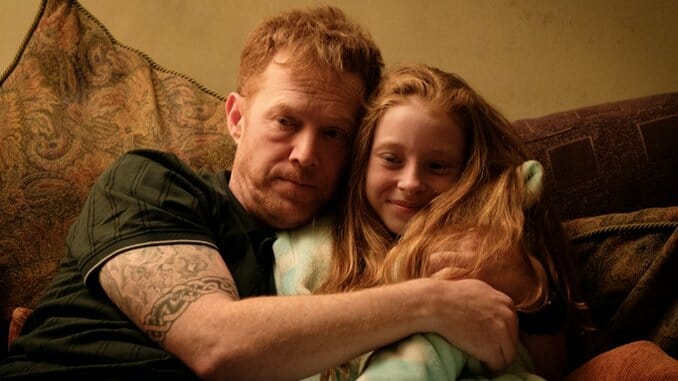Sorry We Missed You Shows the Sorry State Inflicted on Workers Enmeshed in the Gig Economy

“Films can’t do as much as we’d like to think,” Ken Loach said in an interview back in late 2019, after spending nearly six decades making politically critical neorealist films. This is both the least expected sentiment anyone might expect a filmmaker to express, and a characteristically honest bit of introspection from one of cinema’s most honest directors. He’s right: A movie on its own won’t change the world. It can, however, give its audience a glimpse of human experiences beyond their own, and if the audience includes just one or two decent people, a glimpse might make a difference. If nothing else, it’ll make them angry, which is better than being ambivalent.
Not surprisingly, Sorry We Missed You, Loach’s latest, sows that anger in working class plight: It’s the kind of culture-conscious movie he’s been making since forever, from Kes to I, Daniel Blake, demonstrating not only his skill as a craftsman but his knack for finding the pulse of what’s happening in contemporary society. In this case, Loach, working with screenwriter Paul Laverty for the fifteenth time, has cracked the gig economy, quietly revealing it as an insatiable monster that chews up the working class and spits them out while consumers at home bay for instantaneous convenience.
This is classic Loach. His movies typically force viewers to acknowledge the toll a job can take on both body and spirit. Without fuss or forced moralizing, Sorry We Missed You performs this service for the folks who thanklessly zip about town dropping off parcels ordered yesterday by people who actually needed them a week before. The movie demystifies the browser sorcery of one-click purchases by humanizing, for better and for worse, the mechanics behind this modern-day ministration: Loach starts with Ricky (Kris Hitchen), head of the Turner family, who is first met interviewing Maloney (Ross Brewster), his boss-to-be, for a post as an owner-driver for a third-party delivery outfit nestled in North England. Maloney seems reasonable enough. He hears Ricky’s story, at least, his history as a blue-collar man whose years of hard labor have left him craving for freedom from micromanaging bosses. Ricky wants to be his own boss now, and Maloney’s spiel about choice and self-agency appeals to his wants.
-

-

-

-

-

-

-

-

-

-

-

-

-

-

-

-

-

-

-

-

-

-

-

-

-

-

-

-

-

-

-

-

-

-

-

-

-

-

-

-








































